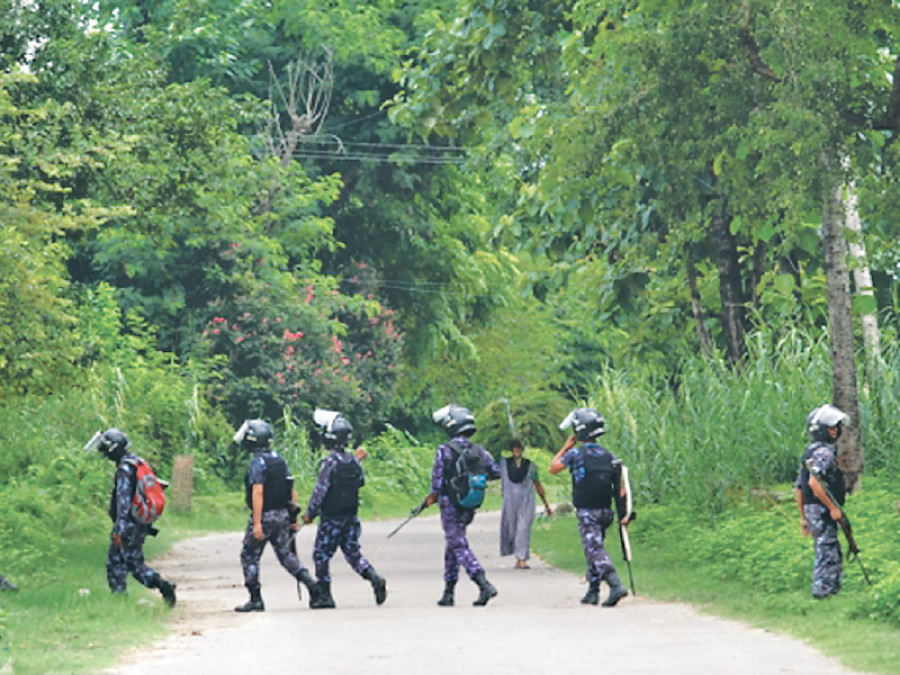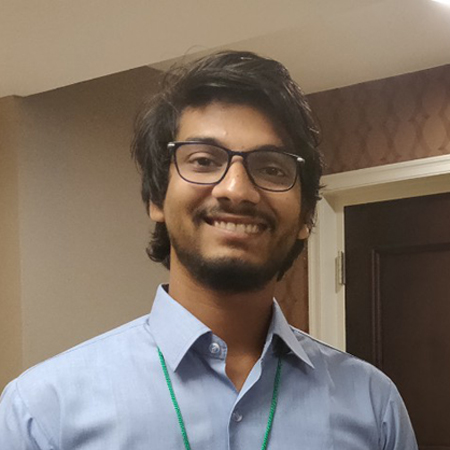Opinion
Harmony and discord
The issue is not whether we need Akhanda or Tharuhat but that every Nepali is entitled to equal rights
Sameer Pokhrel
I was born in Tikapur 20 years ago. My grandparents had left Pyuthan district some 40 years ago, and since then we have been living among the Tharu community. My childhood passed playing with Tharu children. I acquired half of the culture from my family and the other half from the community we lived in. I used to sit beside them and eat dhikris, gangta (crab) and tina (vegetable). I too shared my rotis (sel, phini and puri) with my Tharu friends during Dashain and Tihar. Nepali is my mother tongue, however, learning the Tharu language progressed parallelly. Their jaws would drop when they would heard me speaking their native language with a typical Tharu accent. They would say “Tuphentharu ho” (You too are Tharu).
We moved to the town when I was in grade 7. But our friendship remained the same. No holiday passed without me visiting them; similarly, they would visit us every time they came shopping. I left home after passing the SLC examination. It’s been five years now; but every time I return home, I go and see them. They would always say, “You have become an adult. Marry a Tharu girl.”
And so it was until recently. The other day when I called one of my Tharu friends, he said, “You did wrong. We are homeless now.” My eyes filled with tears, and I could say nothing. Genetically, I am a Brahmin. But I have never demanded an Akhanda Sudur Paschim or a Tharuhat Pradesh. I want to maintain the same kind of bonds with my Tharu and Pahadi friends. I need the same football squad where half of the players are from the Tharu community and the other half are from the Pahadi community.
Split in half
I have heard about the incident where Tharu protesters killed some policemen. Every newspaper, every social media platform and every television channel was broadcasting the same news. I was shocked. The news about the FM station, restaurants and shops belonging to Tharus being vandalised by another group rubbed salt into the wound. Tikapur remains under curfew throughout the day. The only things you see on the roads are a few police personnel and their vehicles. I am a combination of two elements—my body is Brahmin and my behaviour is Tharu. Neither of them can claim me solely, and I don’t know whom to support the next time I go home.
The world is dynamic, change is the rule. You have to accept it whether you like it or not. No one can deny that Tharus do not have full access to the country’s policymaking level. Very few (if any) have achieved the lifestyle of a high-class citizens. They were suppressed and used as bonded labourers by the then feudalists. However, the freeing of the Kamaiyas and the abolishment of the Kamlari system has ensured their rights. The literacy rate among them has risen incredibly within a decade. For the first time, a Tharu woman from Tikapur has been selected as a member of Parliament which is a success story. But these few success stories might not reflect the condition at the grassroots level. The country has recognised all the citizens as being equal, and everybody has full freedom to exercise the rights provided to them. If anyone tries to violate this freedom, he or she is a criminal and should be punished.
The Far-West Tarai has always been known for its social harmony. Everybody should consider where their actions might lead society. Let’s not talk about the recent protests. These sorts of problems are very common in multi-ethnic communities. People should respect the rights of others while exercising their own. The issue is not whether there should be an Akhanda Sudur Paschim or Tharuhat but that every Nepali, whether he or she is Tharu, Brahmin, Madhesi, Christian or Dalit, is entitled to equal rights.
Pokhrel is a student at the Agriculture and Forestry University Rampur, Chitwan




 20.53°C Kathmandu
20.53°C Kathmandu











